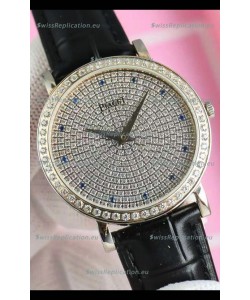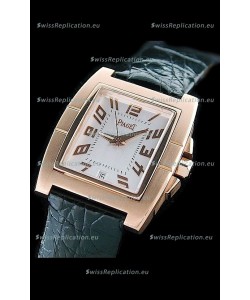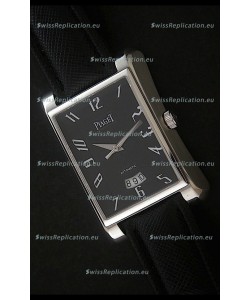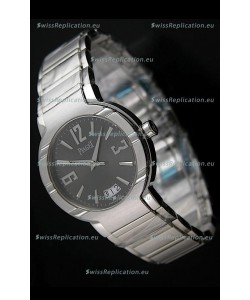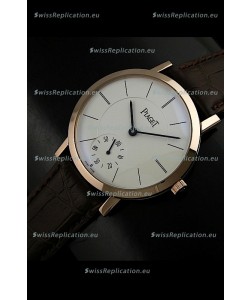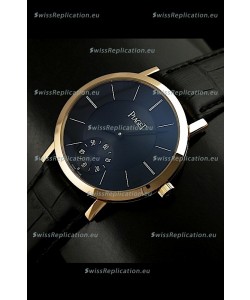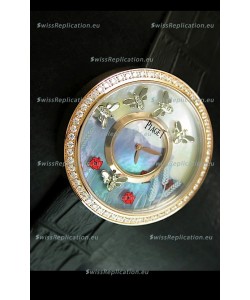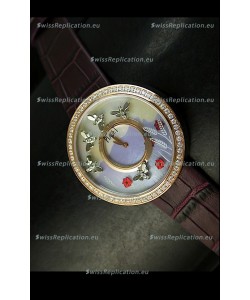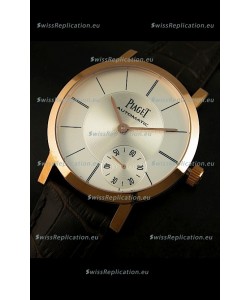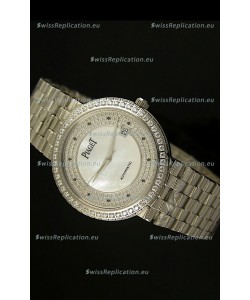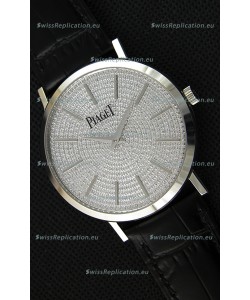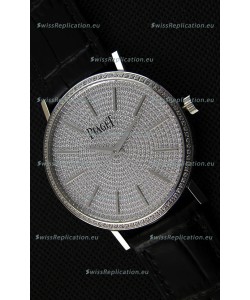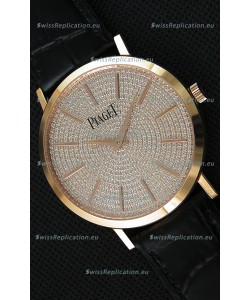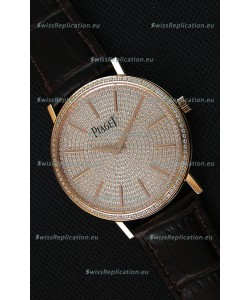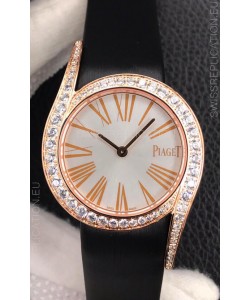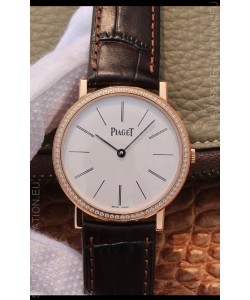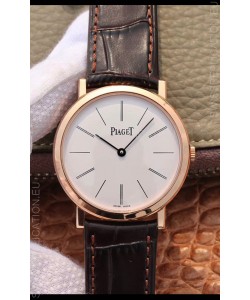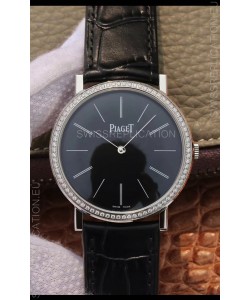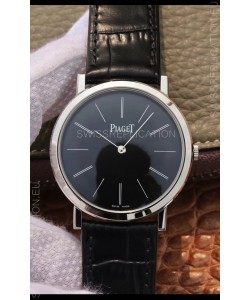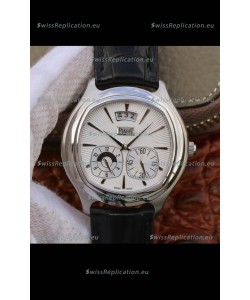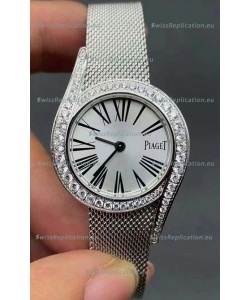Shopping Cart - 0 Item
You have no items in your shopping cart.
Piaget
Based around 1874 simply by Georges Edouard Piaget in La Cote-aux-Fees, the Piaget workplace initially built wristwatch movements for exclusive Swiss brand names. In 1943 Piaget registered the business name, began marketing its own gold watches and got to function miniaturizing its mechanisms. In 1956 the brand introduced the well known 9P, an ultra-thin hand-wound less than 0.08 " thick. Nearly four years eventually it introduced the 12P, which within a thickness of no more than 0.09 in ., was the slimmest automatic caliber in the world. Piaget put into practice these popularity with the 1976 release of the 7P, the thinnest quartz movement of its era and much more fairly recently, the The year 2003 launch of the 600P, the slimmest shaped tourbillon movement in the world.
Ultra-thin took over as Piaget hallmark, supplying the business with the excellent possibility to break with typical timepiece types. Starting in the Nineteen fifties, the Swiss organization put its astonishing extravagance on display by designing ring wristwatches and 9P calibers hidden in coins and gold ingots. Piaget also turned out to be known for having released the Nineteen sixties fashion for semi-precious stone dials made of onyx, turquoise, coral and opal attached to sumptuous cuff anklet bracelets. These pieces have become hotly pursued by collectors. Piaget's movements quickly became a type of specialty of the house-and they are still today. The new caliber 1208P, featuring its 29.9 mm dimension, is 500ths of a mm thicker than the legendary caliber 12P, whose fiftieth anniversary was recognized during 2010. Still, with its height of 2.35 mm, the 1208P is the thinnest automatic movement that can be found, and it fits in perfectly with post-recession discretion for the wrist


